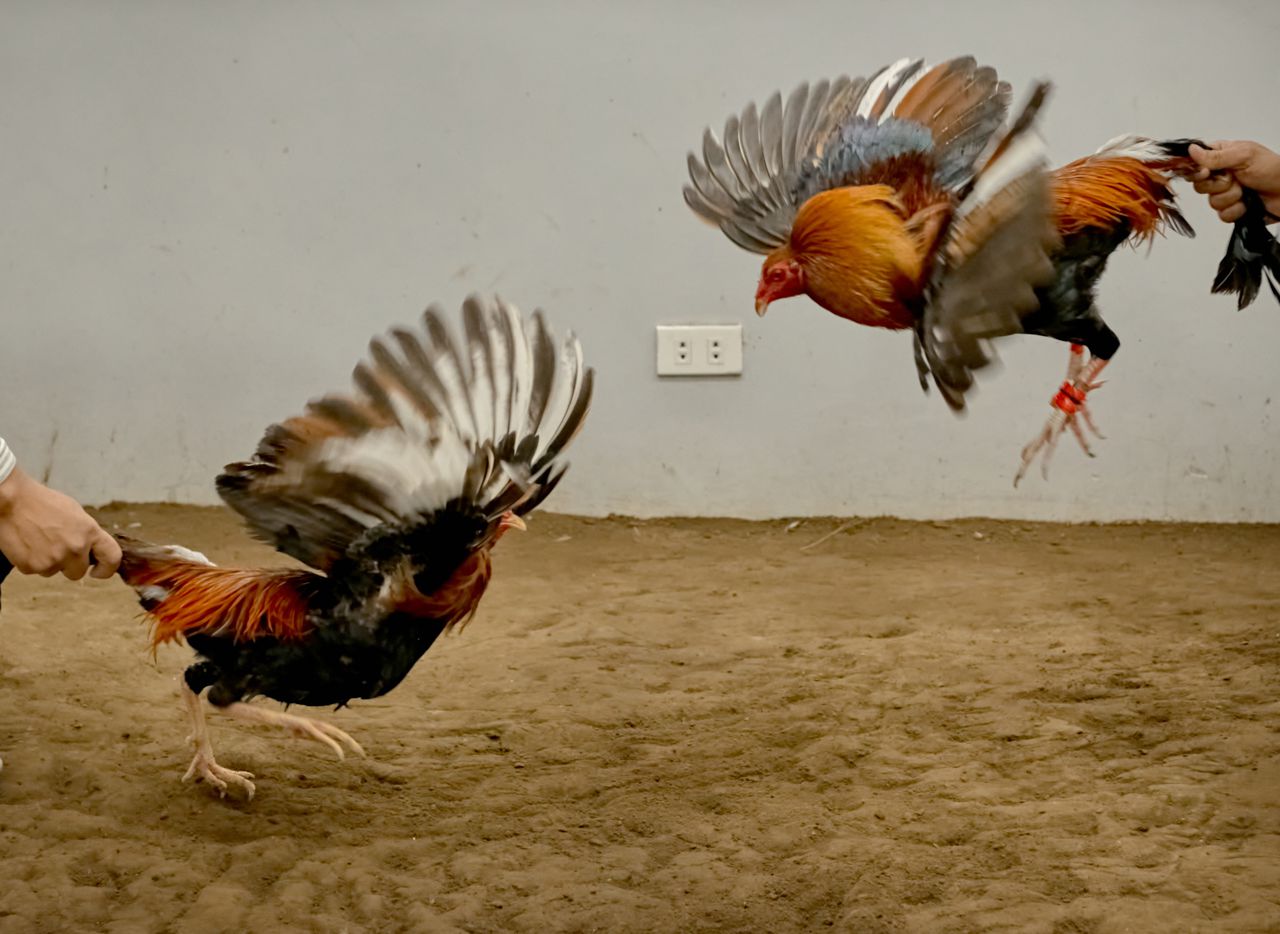Animal welfare groups pushing Alabama to make cockfighting a felony
Animal welfare groups are calling on Alabama lawmakers to strengthen the state’s anti-cockfighting law that dates from 1896. Calling the state the “cockfighting capital of the Southeast,” they say Alabama has the weakest laws anywhere, allowing animal abuse, gambling and the potential spread of infectious diseases from cockfighting.
In a letter to Gov. Kay Ivey this week, Center for a Humane Economy and Animal Wellness Action made a case for why Alabama should take a tougher stand against cockfighting to make it a felony with stiffer penalties. Currently the state’s law levies a $50 maximum fine and no jail time. The groups would also like to see Alabama make it a crime to be a spectator at a cockfighting event or to trade in cockfighting implements.
Alabama does not make cockfighting a felony, as many states do, according to the two groups. While cockfighting is a felony at the federal level, it is not illegal to breed or sell cockfighting birds.
“Alabama’s deficient attention to this problem has allowed many social pathologies to operate throughout the state. It is a magnet for illicit drugs, illegal gambling, prostitution, violence, gang activity, unlawful guns, money laundering, and tax evasion,” the letter to Ivey stated.
Cockfighting is a multi-billion-dollar industry worldwide, according to the groups.
In cockfights, roosters are strapped with knives or other sharp objects on their legs to fight, often to the death, with other birds. Handlers upset the birds and set them against each other, beak to beak, in a pit. Sometimes cockfights are held at derbies that can last multiple days. At these events, spectators place side bets on the birds, while the owners of the most successful birds take home winnings.
Wayne Pacelle, President of Animal Wellness Action, said Alabama is one of the worst states for cockfighting in the U.S., along with Oklahoma and Kentucky. He said the legislature has done little to update state laws that date to the 1800s, but he hopes the research done by his staff will encourage some changes.
“(Alabama has) this absurdly low penalty framework for fighting that is less than the cost of a parking ticket,” said Pacelle.
The groups contend the practice presents a public health risk to Alabama’s poultry industry, which generates $15 billion in economic impact and employs 86,000 people. The groups published a report on cockfighting in Alabama and another on the risk of infectious diseases from cockfighting.
“Game fowl are also high-risk disease vectors and reservoirs because they are reared under poor biosecurity, widely sold and traded, mixed under stressful conditions at fighting derbies, and the focus of husbandry and fighting practices that spread disease,” the groups stated.
Zoonotic diseases like the Avian Bird Flu and Newcastle disease are of particular concern with cockfighting, the report stated. Alabama’s poultry industries are currently impacted by the Avian Bird flu.
“The (bird flu) outbreak has impacted all Alabamans, as chicken egg and turkey meat prices have skyrocketed as a result of bird deaths from the epidemic,” said the groups.
In their report on cockfighting in Alabama, Animal Wellness Action listed the names and addresses, and included social media content describing illegal cockfighting activities, of suspected cockfighting bird traffickers in the state. Most cockfighting occurs in north Alabama, according to the groups.
Similar research from the group led to federal action against an Alabama family involved with running one of the largest cockfighting operations in the U.S. called the Easterling family. In 2021 Seven members of the family were sentenced and three are serving prison time.
Pacelle said he hopes the example of the Easterling family will be a deterrent.
“Cockfighters think that because the law is not worth the paper it’s written on they think they’re going to be ok,” said Pacelle, adding that if Alabama does not follow 42 other states in making cockfighting a felony at the state level, the industry may continue to grow.
“You don’t want Alabama to become more of a cockfighting enclave.”
